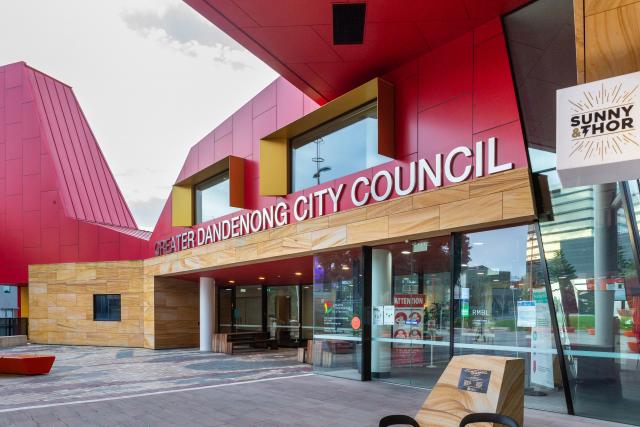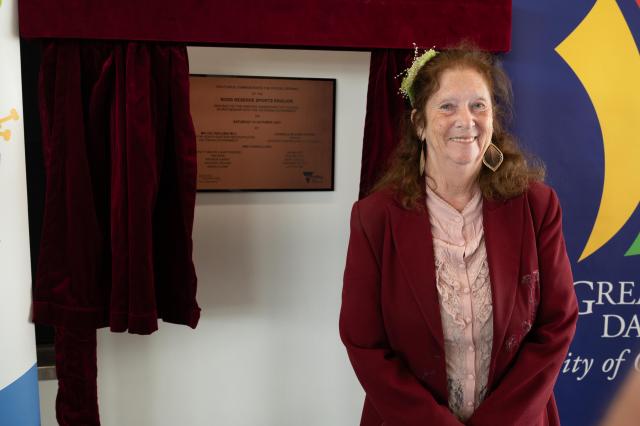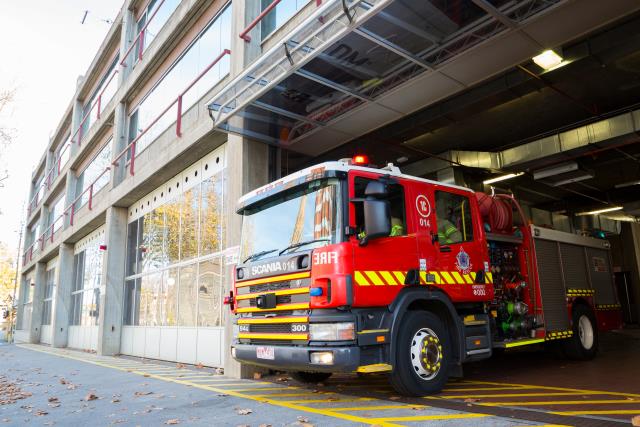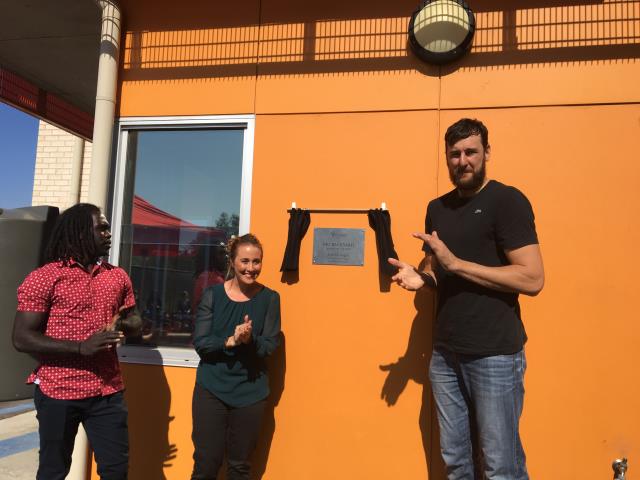There is a call for Greater Dandenong ratepayers to directly elect mayors after councillors failed to decide upon a deputy mayor last week.
In the vast majority of Victoria’s councils, councillors vote for a mayor and deputy mayor for 12-month terms.
In Greater Dandenong’s Labor-majority council, it means Labor councillors routinely rotate the mayoral role among themselves.
The mayor’s remuneration package is a $126,958 salary plus car, while the deputy mayor receives a $63,480 allowance.
Both are significant pay rises on the $38,316 councillor allowance.
Cr Rhonda Garad argues this “power hegemony” is cemented by ALP party rules that may be in breach of the Local Government Act.
Under party rules, Labor councillors are only allowed to vote for a mayor and deputy mayor in their own party.
“The Local Government Act clearly states we have to make votes based on the need of the community, not on the basis of allegiance.
“How is it allowed that Labor members are not freely allowed to vote for the best person?”
Mayors should be elected “openly and freely” by all councillors, but much of the decision was made “behind the closed doors of the Labor Party”, Cr Garad said.
“When that process is forced and undemocratic, you will have unhappiness and dissatisfaction.
“I would be calling for a review of the process so that the community has a say.
“Clearly something has to be done. As a ratepayer and a councillor, I’m not happy that the best people aren’t rising to the top.”
Five-time mayor Jim Memeti agreed that a community vote for mayor was “the most transparent” process.
“I’m happy with the way it’s going but if you’re asking is there a better way, there is. That is to let the residents vote.”
He noted that only one of Victoria’s 79 councils – City of Melbourne – ran a popular vote for mayor.
In 2013, City of Greater Geelong ratepayers directly voted for high-profile Darryn Lyons as mayor. Several years later, the council was sacked by the State Government.
“I strongly believe the Government should trial it first with eight to 10 big councils and if it works, then roll it out the next term,” Cr Memeti said.
Three-time mayor Angela Long said a community election “wouldn’t worry me at all”.
“I’ll advocate for it, if it comes up.”
However, she noted it would mean mayors were elected for four-year terms rather than the current single-year reigns.
On 16 November, Lana Formoso was elected unopposed as mayor after a reportedly tense contest behind-the-scenes with colleague Sophie Tan.
No deputy mayor was elected due to councillors being split 4-4 in support for Richard Lim or Angela Long. After a 30-minute adjournment, the stalemate was unbroken.
There is expected to be a revote for deputy mayor at a future council meeting, with Cr Garad returning from her Mulgrave by-election campaign to possibly help break the impasse.
Cr Tim Dark, who abstained from the deputy mayor vote, said he took issue with the way mayors were decided by “deals done behind the scenes” with local Labor MPs, factions and “movers and shakers”.
With the deputy mayor impasse, “there was obviously a split in the Labor party”.
He didn’t have an opinion on whether to switch to a people’s vote.
“I think people are more focused on other things like cost-of-living rather than directly electing the mayor.”







